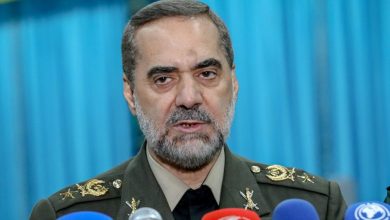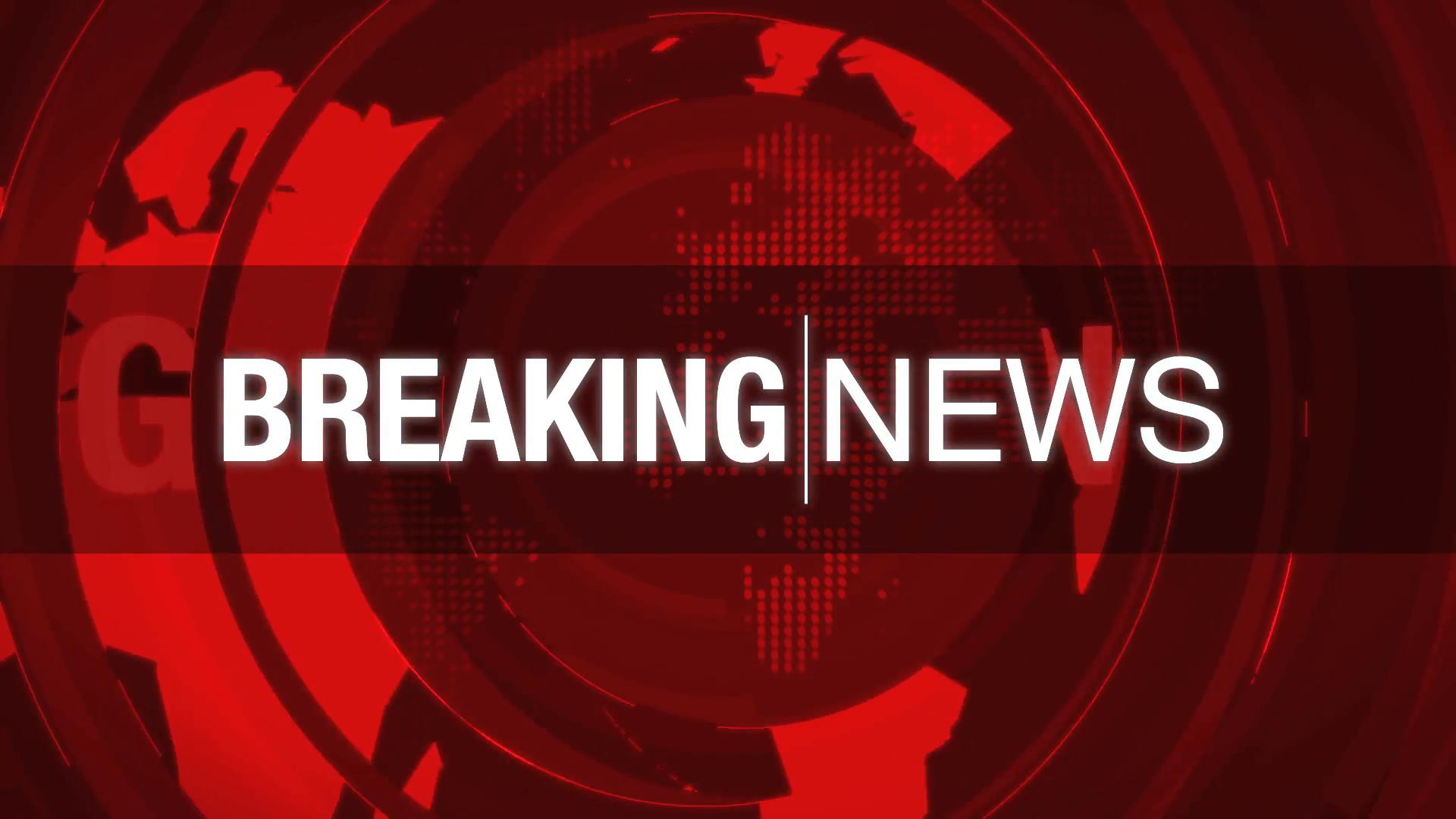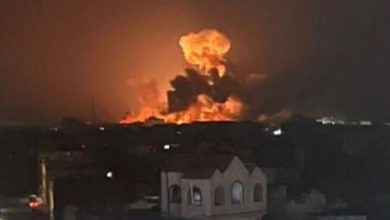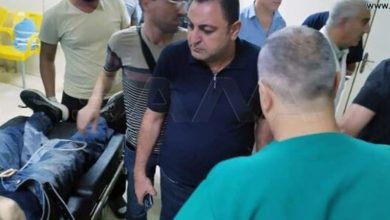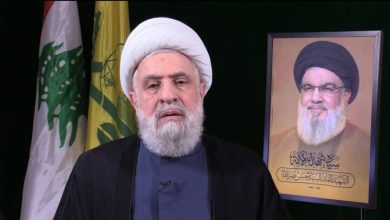US to ‘ask’ if IAEA plans to inspect Iran military sites: Haley
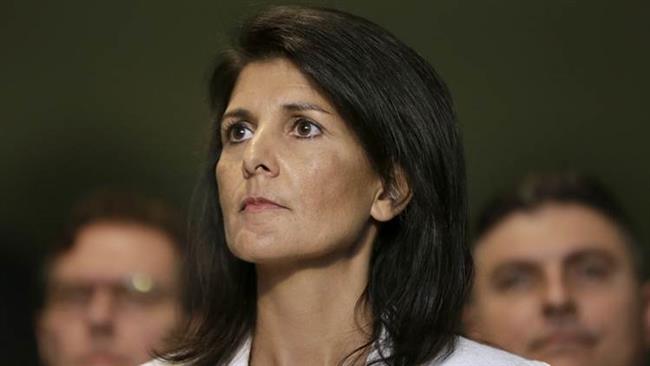

The US ambassador to the UN claims her upcoming talks in Vienna are aimed at “asking” the International Atomic Energy Agency (IAEA) if it plans to inspect Iranian military sites during its verification of Tehran’s compliance with the 2015 nuclear deal.
Nikki Haley is set to hold talks with IAEA officials in the Austrian capital Wednesday on what she called “a fact-finding mission” as part of US President Donald Trump’s order to review the agreement between Iran and the P5+1 group of world states, including the US.
The IAEA monitors the technical aspects of the nuclear deal, which took effect in January 2016.
The UN nuclear watchdog has so far invariably verified Iran’s commitment to the accord, which lifted nuclear-related sanctions against Tehran in exchange for certain limits on its nuclear activities.
The Trump administration has sharply criticized the nuclear deal, officially called the Joint Comprehensive Plan of Action (JCPOA).
The US president has described the JCPOA as “the worst deal I’ve ever seen negotiated,” and even threatened to “rip up” the accord during his election campaign.
The White House has twice certified Iran’s compliance, but it has reportedly been seeking ways to potentially prevent further IAEA certifications.
Washington is now conducting a review of the deal to see whether continued sanctions relief — a US commitment under the agreement — is in the national interest of the US.
Haley further claimed she was traveling to Vienna to ask questions, not to push the IAEA to do anything.
“If you look … at past Iranian behavior, what you’ve seen is there have been covert actions at military sites, at universities, things like that,” Haley claimed in remarks to Reuters. “There were already issues in those locations, so are they including that in what they look at to make sure that those issues no longer remain?” she said.
This is while the IAEA’s governing board voted overwhelmingly in December 2015, months after the JCPOA was signed, in favor of a draft resolution, which closed the so-called possible military dimensions (PMD) case in Iran’s nuclear program.
The vote brought an end to a 12-year investigation into the “past and present issues” regarding Iran’s nuclear activities.
Iran has not committed to allowing inspection of military sites under the JCPOA. Iranian nuclear officials have said IAEA inspections of Iran’s non-nuclear sites would merely be within the framework of the Additional Protocol to the Nuclear Non-Proliferation Treaty (NPT).
Reacting to Haley’s visit, Iranian Foreign Ministry spokesman said Monday that Washington’s potential attempts to sway the IAEA’s reporting with regards to Iran will get nowhere.
“The contacts of the US government or representatives with the IAEA are their own business. If they are making efforts to cause problems for the JCPOA, I think that is a futile and pointless effort, since the Agency will at the end of the day follow its responsibilities with precision, and future reports will [continue to] confirm this (Iranian compliance), as well,” Qassemi said.
Aside from Washington, no other party to the deal has either vilified the agreement or raised any suspicions regarding Iran’s military sites.
All other P5+1 signatories have on many occasions hailed the accord, and warned Washington against trying to sabotage it.
On Tuesday, Secretary-General Antonio Guterres said, through his spokesman, that he believed the agreement was “one of the most important diplomatic achievements in our search for, for peace and stability.”
“Everyone involved needs to do its utmost to protect and support that agreement,” Dujarric added.
The EU foreign policy chief Federica Mogherini has also praised the JCPOA as the fruit of “collective cooperation,” emphasizing that the landmark accord does not just belong to the signatories but the entire global community.
